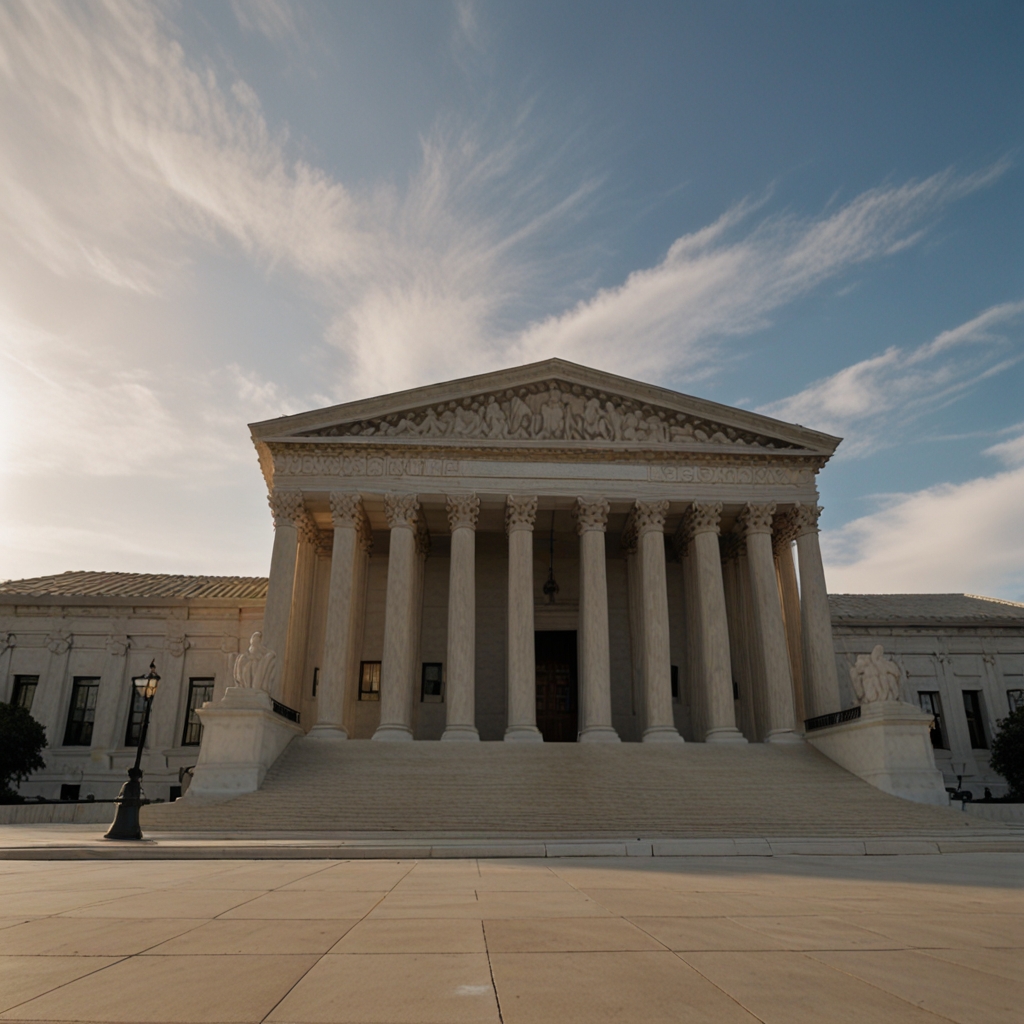On May 23, the Supreme Court delivered a 6–3 decision in favor of the federal government in Brown v. United States, a key case determining the sentencing guidelines under a federal three-strikes gun law for defendants with previous convictions for violent felonies or major drug offenses. This decision, also affecting the consolidated case Jackson v. United States, did not align strictly along traditional ideological lines; a liberal justice voted with the majority while a conservative justice sided with the dissenters.
The federal three-strikes law in question, the Armed Career Criminal Act (ACCA), enacted in 1984, mandates a 15-year minimum prison sentence for individuals convicted of illegal firearm possession who also have at least three prior convictions for serious drug offenses or violent felonies such as burglary. These prior convictions are referred to as predicate offenses. The law defines a violent felony as one involving the use, attempted use, or threatened use of physical force against another person.
The core issue addressed was whether sentencing under the ACCA should consider the legal landscape at the time the prior offenses were committed or the laws applicable when the new firearm-related offense occurred. The distinction is significant, as the laws triggering sentence enhancements under the ACCA often change, potentially altering the legal repercussions for defendants over time.
In the majority opinion written by Justice Samuel Alito, the court clarified that the applicable laws for determining sentence enhancements are those in place at the time of the original conviction. This interpretation supports the government’s position that predicate offenses include any state crime involving a drug listed on the federal schedules at the time of conviction, regardless of subsequent legal amendments.
Joining Justice Alito were Chief Justice John Roberts and Justices Clarence Thomas, Brett Kavanaugh, and Amy Coney Barrett, all conservative. Justice Sonia Sotomayor, typically more liberal, also aligned with the majority. Meanwhile, Justice Neil Gorsuch partially agreed with the dissenting opinion authored by Justice Ketanji Brown Jackson, who argued that the ACCA’s language suggests courts should apply the drug schedules effective at the time of the federal firearms offense.
Justice Jackson contended that neither precedent nor statutory context warranted a different interpretation, emphasizing a strict adherence to the schedules active during the federal firearms offense to determine ACCA applicability.
This ruling follows the court’s unanimous decision in March 2022 in Wooden v. United States, where it was determined that multiple convictions from a single criminal episode do not count as separate predicate offenses under the ACCA. Additionally, the court is deliberating another relevant ACCA case, Erlinger v. United States, focusing on whether enhanced sentencing decisions should be made by a judge or a jury. This case tests the boundaries of the Sixth Amendment, specifically regarding whether juries should conduct fact-based inquiries to establish if a defendant’s prior offenses occurred on separate occasions, thus qualifying them for enhanced sentencing under the ACCA.
A decision in Erlinger v. United States is anticipated by the end of June, which may further clarify or adjust the application of the ACCA in light of recent rulings.
Major Points
- The Supreme Court ruled 6–3 in favor of the federal government in a case determining how the Armed Career Criminal Act (ACCA) mandates sentencing for defendants with prior violent or drug-related felonies.
- Justice Samuel Alito authored the majority opinion in Brown v. United States, focusing on whether laws at the time of the original offenses or at the time of the new firearm offense should dictate sentencing.
- The ruling clarified that sentencing enhancements under the ACCA should reflect the laws in place at the time of the original convictions, not at the time of the new firearm-related offense.
- The decision did not follow traditional ideological lines, with justices crossing expected conservative or liberal stances.
- The case affects how repeat offenders are sentenced under federal law, potentially impacting many defendants by reinforcing stricter sentencing guidelines based on past convictions.
Fallon Jacobson – Reprinted with permission of Whatfinger News


